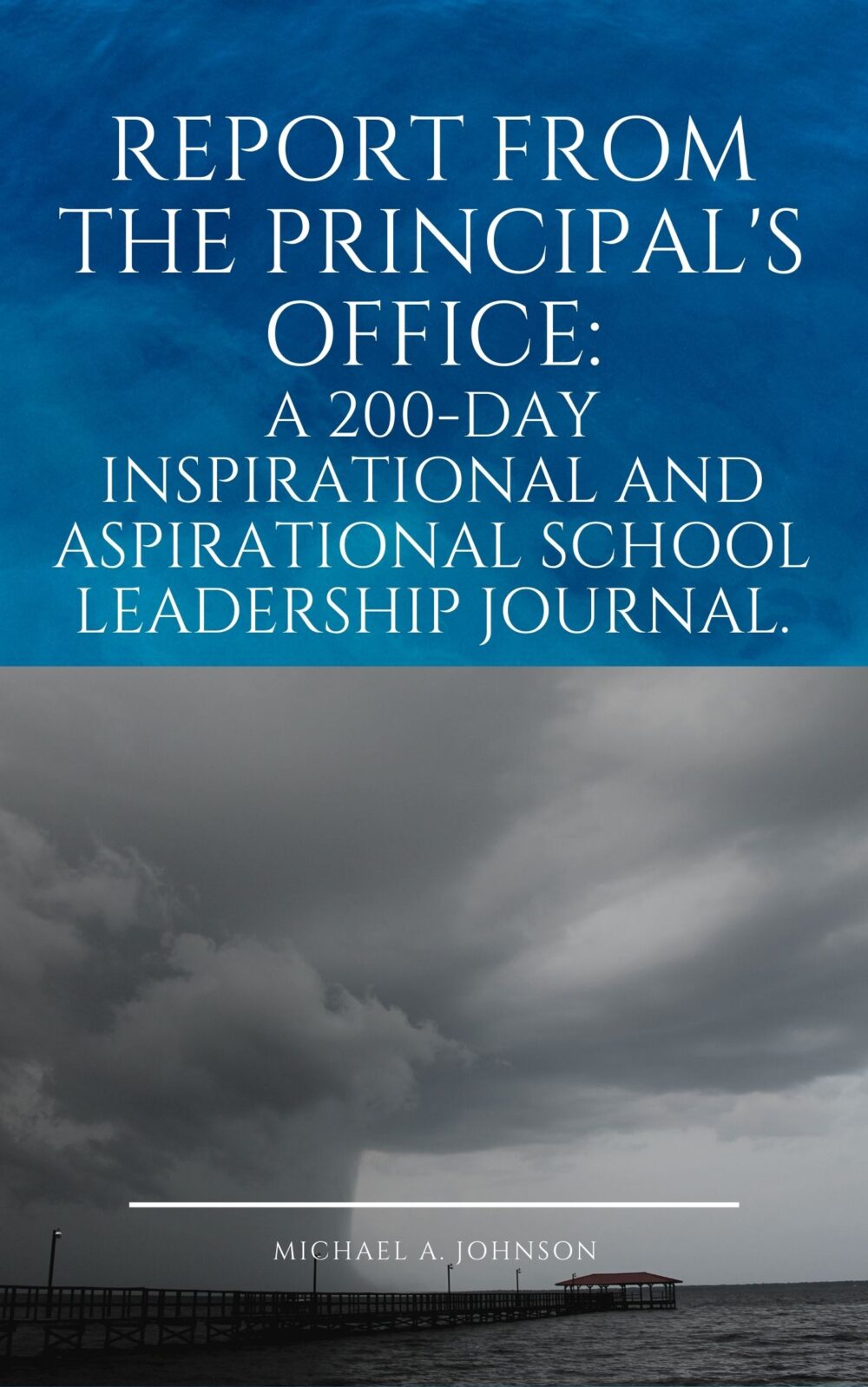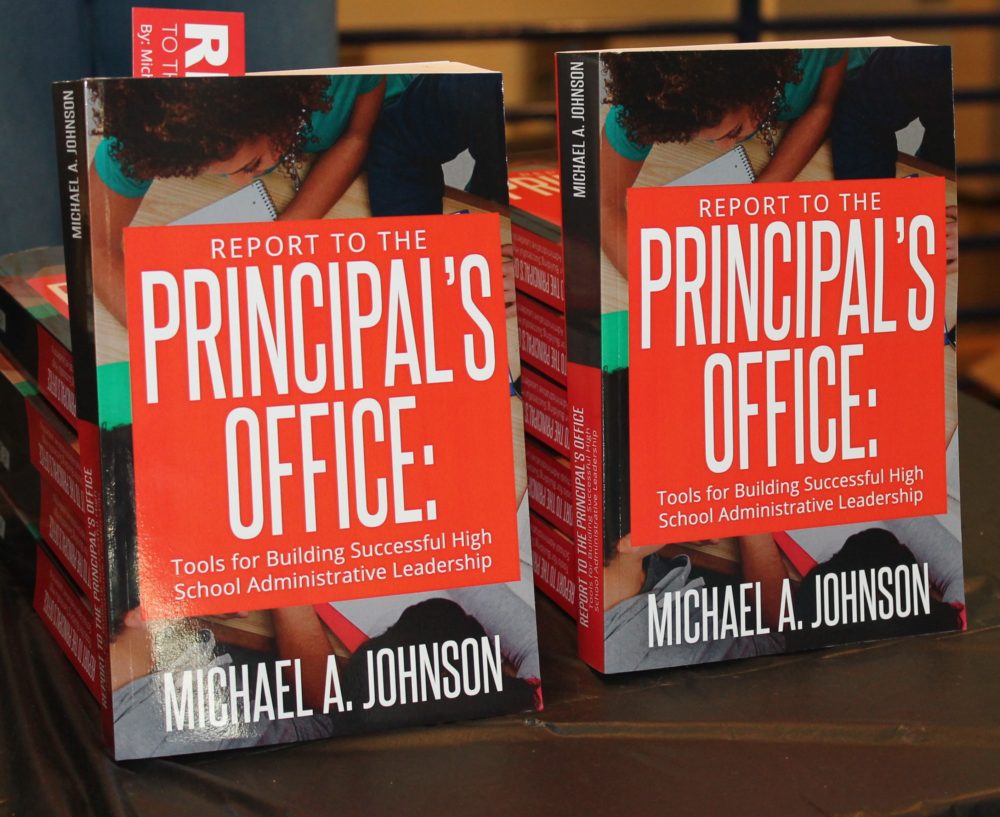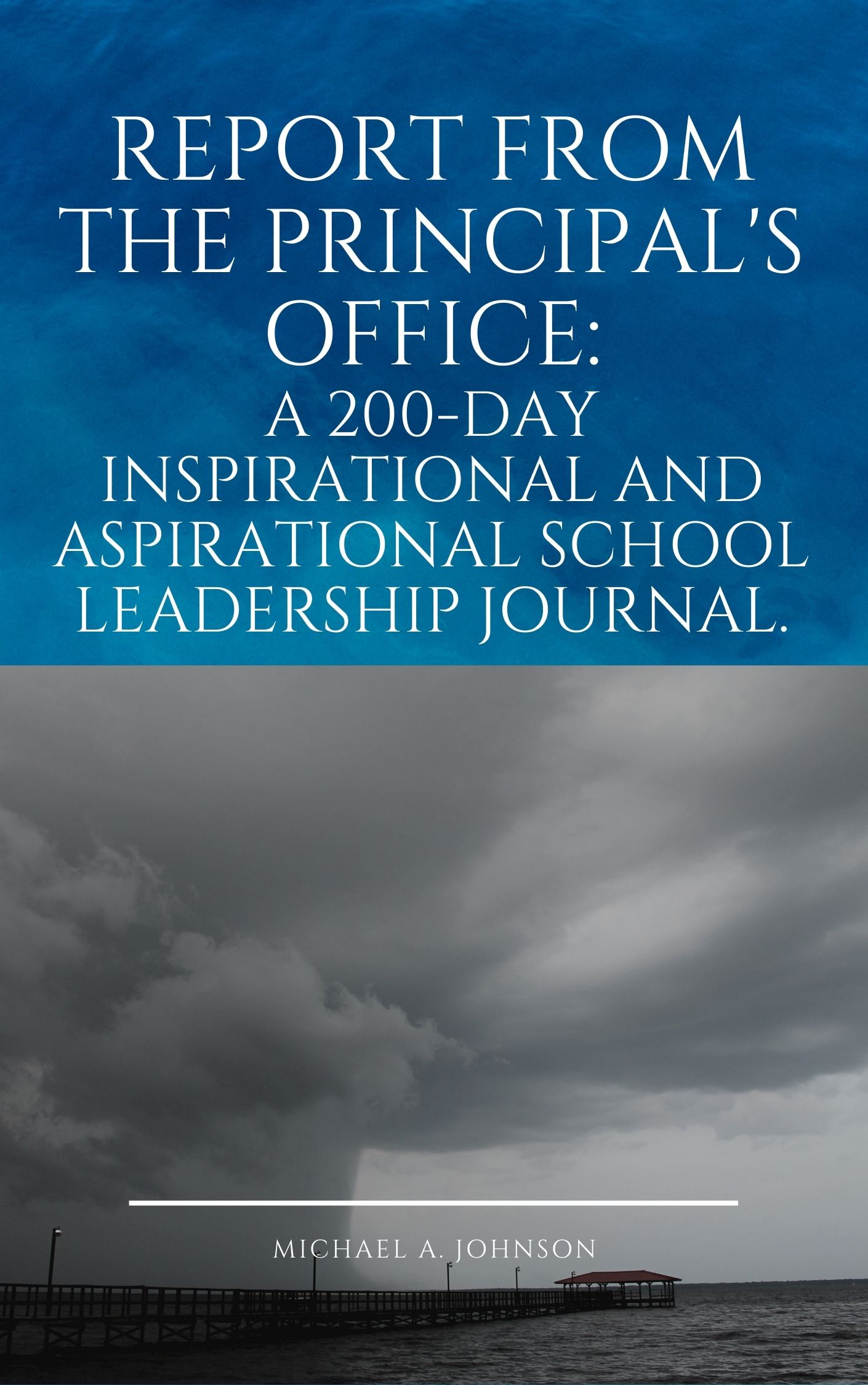Monthly Archives: November 2024
Social media platforms are political shark tanks, and they’re not the place where educators who aspire to be or desire to remain school-building or district-level administrators would want to cut themselves.
Professional educators should be careful about what they post on social media platforms. I speak specifically to those who presently serve or aspire to be an assistant principal, principal, deputy superintendent, superintendent, or district-level administrator. You could be dealing with folks in powerful positions who are guided by and operating in a mean, ugly and wanting to hurt you or your kids’ spirit. Stay calm and focused, lead with your mind and leave your hyper-emotions behind, and engage in affirming and gaining power for those disenfranchised and dismissed students of our nation who are under your care. Think of the immense impact you can have on these children if you can remain in or get into a school-based or district-level leadership position. Don’t let your adversaries know your thoughts; act audaciously and powerfully, and with student success supporting intentionality, but don’t talk about those actions publicly. Every highly valued and highly effectual school leader is a “rule maker-braker-bender.” You want to be able to say after you have acted boldly on behalf of your students (tongue firmly in cheek and a contrived look of sincere contrition), “Oh my goodness, I didn’t know I couldn’t do that, (and since it’s too late now), I am so sorry, and please accept my sincere apology!” (hopefully, my former superintendent won’t see this!:-) Remember, your positive and thoughtful actions can make a profound difference in the lives of your students.
Being Able to Pick the Perfect Good is a School Leadership Myth!
Principalship school-building leadership words of wisdom that I found showed up every 74 years of my life. You will find that during the course of your life, being able to select the ‘most good,’ best, and perfect option in any scenario is so rare and few in number that I can almost remember every one of those (single digit) incidents I encountered as a principal or superintendent. The vast, overwhelming majority of daily decision-making situations required me to select the best, not hurting kids, staff, or parents’ selection from a group of less-than-perfect options. And if you are fortunate in this life, you’ll be able to live through all of those imperfect decision-making moments and remain sane when, through some amazing, enlightening, spiritually gifted miracle, you come to humbly realize that you yourself were never and never will be that ‘perfect’ choice.







